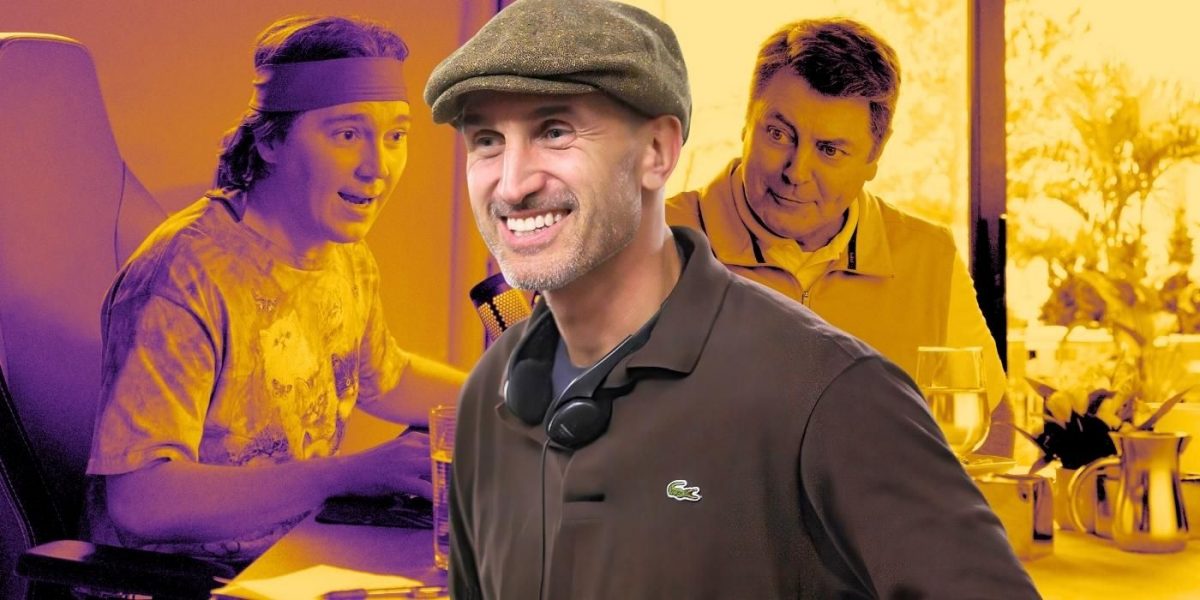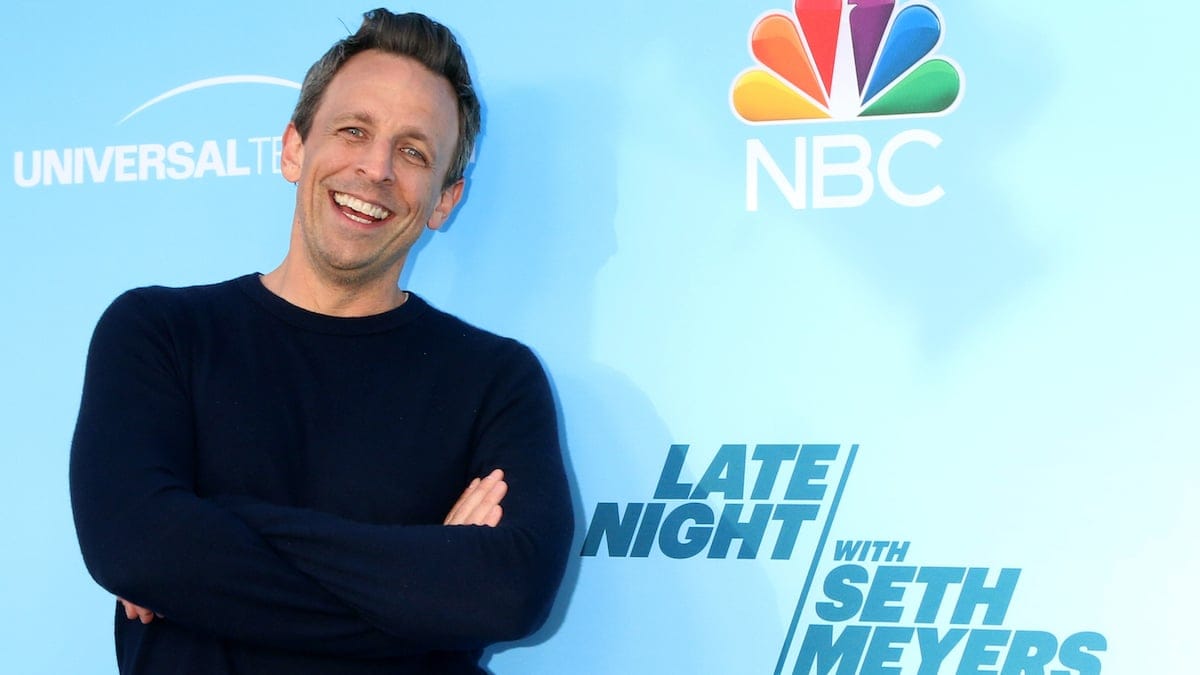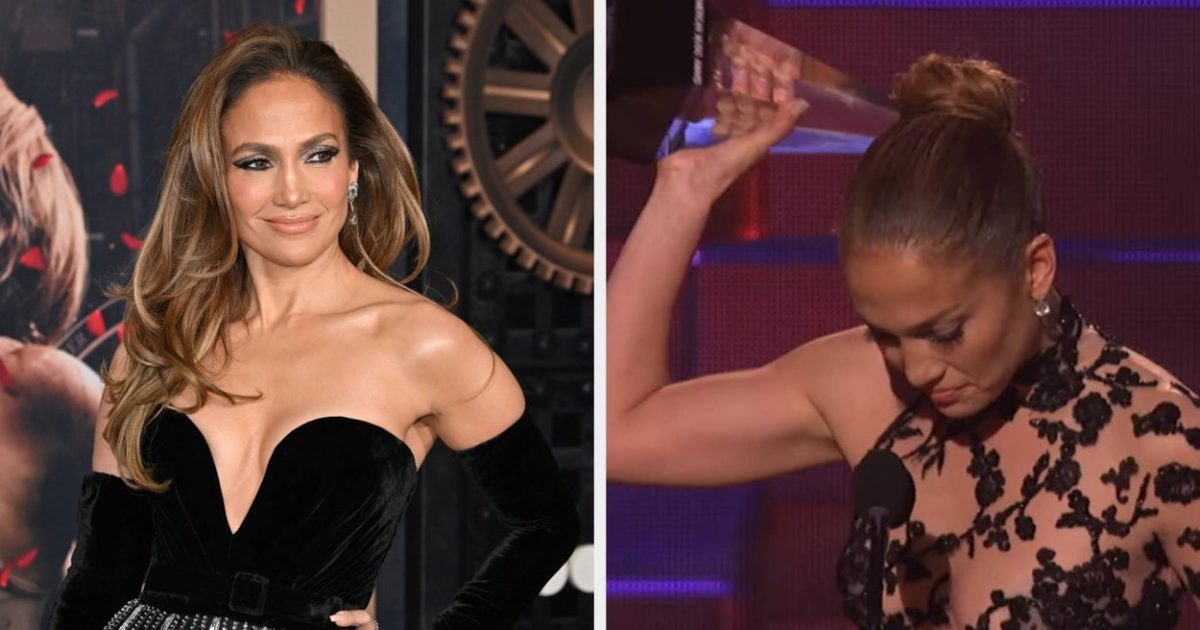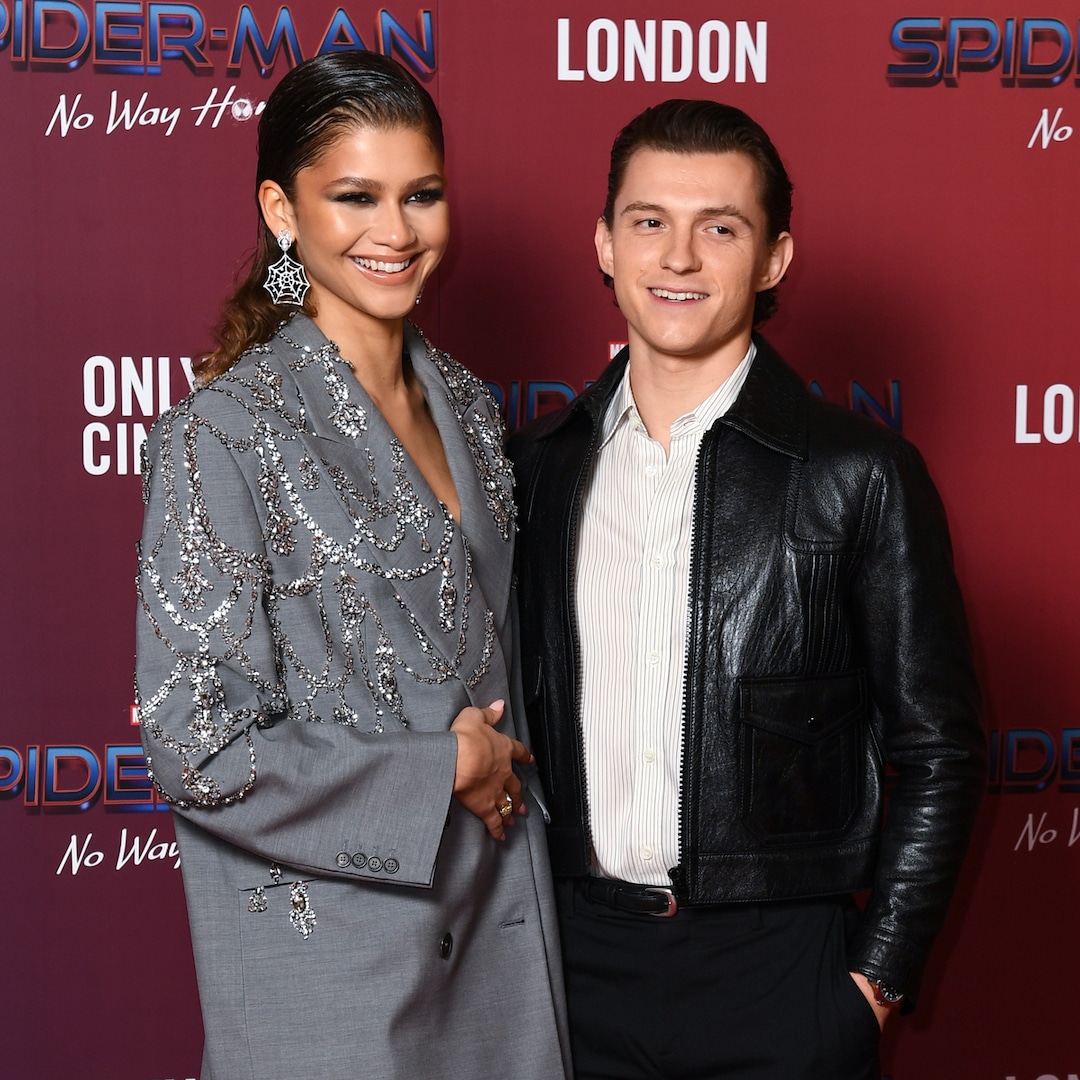
‘Dumb Money’ Director Wants the Audience to Feel Outraged
Sep 22, 2023
The Big Picture
“Dumb Money,” directed by Craig Gillespie, turns a real-life scandal into a dramedy that spotlights an ensemble cast, just like Gillespie’s previous film, “I, Tonya.” The film explores the GameStop stock controversy and the clash between small investors like Keith Gill (played by Paul Dano) and Wall Street big shots like Gabe Plotkin (played by Seth Rogen). Gillespie hopes the film sparks dialogue about the disparity of wealth in the country and the frustration many people feel about a system they perceive as rigged against them. The events depicted in the film have permanently changed the dynamics of short selling.
Director Craig Gillespie’s last feature that premiered at the Toronto International Film Festival, I, Tonya, garnered a few Academy Award nominations and even took one home. This year, the filmmaker returned to the festival for another highly anticipated movie, Dumb Money, starring Paul Dano and Seth Rogen. Following the screening, Collider’s Steve Weintraub spoke with Gillespie about helming this timely biopic and how he managed to condense it into an outrageous, digestible riot.
Like I, Tonya, Dumb Money turns a real-life scandal into a dramedy that spotlights an ensemble cast. Dano portrays Keith Gill, an online personality/amateur investor who’s put his faith in GameStop’s brick-and-mortar business for years. Big shots on Wall Street, like Rogen’s Gabe Plotkin, think otherwise, especially after the pandemic’s effect on smaller businesses, and all of Plotkin’s chips are betting on GameStop’s demise. When Gill’s YouTube persona makes waves among average citizens, the retailer’s stocks begin to rise, catching the attention of the upper echelon when billions are at stake. Dumb Money also features Pete Davidson, Vincent D’Onofrio, America Ferrera, Nick Offerman, and Sebastian Stan.
During their discussion, Gillespie reveals how this blockbuster-to-be was filmed in a whirlwind 31 days and which vital scenes were added in the edit. He talks about the lessons he hopes audiences take away from this well-timed film, what information was removed from the first cuts, how he chose which of the important players were worth zeroing in on, working with writers Rebecca Angelo and Lauren Schuker Blum, and whether these events have shifted society permanently. You can check out all of this and more in the video above or read the full transcript below.
COLLIDER: I want to start with a sincere congrats on the movie, I thought you did such a great job with this. I read that you shot this thing in 31 days, and I would really like to know how.
CRAIG GILLESPIE: [Laughs] I don’t know if we have time for that, but on the very short version of it, I worked very quickly. I had my same DP, I had Nicolas Karakatsanis from I, Tonya and Cruella. I like to work quickly, but not at the detriment of the actors. I like the crew to be able to set up and shoot fast, so we knew it was gonna be fast and we came in incredibly prepared. It’s completely shot-listed—I think there’s close to 260 scenes or something in this film—and I love that jigsaw puzzle. The actors are amazing. They’re phenomenal, so you know they’re gonna come in prepared, and then we get to play with it within the scenes. I kind of feel like the speed gives me that adrenaline to be able to play. So we’re in the moment throwing out lines, trying things, getting the script, and it’s such a caliber of actors that it works great.
Custom Image by Annamaria Ward
When the movie ended, I remembered how angry I was, at the time, when Robinhood fucked people over, and you do such a great job of setting all that up and reminding people and letting people know what happened. Can you talk about what you took away from what you learned about Wall Street and everything that you hope more people will know?
GILLESPIE: I lived through this experience through my son, who was 24 at the time, living with me during COVID and my family, and he was involved in Wall Street bets from early on. He was playing the options all the way up until the big riot, and he got out perfectly. He timed it perfectly. But the intensity of that period, that two-week window in particular – watching, checking every three minutes; up at 6 AM checking the market; staying up until 3 AM at night watching the aftermarkets in Europe, trying to figure it all out, the flow of the conversations, “What’s happening? When are we gonna get out?”
Then when it happens—Wall Street bets getting shut down, Robinhood doing the freeze on the buy option, the outrage and the frustration from the community and the anger, and the fallout of that, and then the congressional hearing—I wanted to capture all of that. I really want to take the audience on this ride and be left with that outrage at the end, like that frustration of feeling like there’s a system that’s rigged against them, this disparity of wealth that’s going on in our country, and wanting to be heard. I just hope it continues that dialogue and it starts that up. We’ve been seeing [it]. It’s happening all over the place at the moment [with] the strikes that are going on, in different areas around the world, and that’s something that’s very real and very much a part of our conversation and is just growing.
Yeah, I’ll say personally, not that I’m some sort of crazy investor, but I had Robinhood, and after what happened with GameStop, I got off the app because I was so angry that they screwed people over.
GILLESPIE: You and 90%– I mean, they went public, and their stock is now 90% below what they opened at. There’s an enormous amount of frustration online with what happened, and they certainly heard.
Image via Sony
I love talking about the editing process because it obviously is where it all comes together. How did this film change in the editing room in ways you didn’t expect?
GILLESPIE: Actually, the interesting thing in the edit was, “How much information does the audience need?” And the first edit of the film, it explained a lot. It got very technical in places, like with what options are and short sells, and what we realized is it became homework, and it’s not what the movie is about. It’s really this emotional journey that I was talking about with what was frustrating people and also what’s at stake, which is their livelihood. People are dealing with sums of money that will drastically change their lives, for the better or the worse, drastically, like such large sums of money that they’re not used to. That’s what the emotional element of the story is. That’s what’s at stake, that and the frustration. So we realized that we could take a lot of that information out, and the characters were telling us what to feel; we didn’t need stock shots and explanations. We had a wealth of information. It’s funny, all the memes, all the online day traders talking, all the networks that were talking about it, the late talk show hosts, it’s like, we could go to all this wealth of information to explain things, and we explored that to varying degrees in the edit. Ultimately, we tried to keep it as concise as possible.
Eventually, it will be on Blu-ray. Do you foresee releasing a lot of that stuff, or is it like, “Oh, this movie is cut perfectly?”
GILLESPIE: We are very happy with the film. [Laughs] It’s funny, it’s like we went through this evolution. I’m very thorough in my director’s cut, and I actually like to start screening it early, so three/four weeks and I start screening it to friends and family, and we get a lot of these answers. So, when the studio watches it, it’s like, “Should we explain options more?” And I’d be like, “No, because when we did…” and we can show them the clip that we have, “This happened, and this happened, and people started getting bored or lost.” So we sort of went through all of those explorations before we showed it to people.
Obviously, you had a screenplay that you worked from, but there are so many people who were involved in this. How did you decide, “These are the things I wanna focus on?” You show all sides of all different sorts of people in the movie, so how did you decide on the people you want to focus on?
GILLESPIE: I took that intensity that I saw from my son going through this experience and the community, that I took into the film. The first thing I was zeroed in on, obviously, was Keith Gill with Roaring Kitty. This was happening very fast, this movie. Obviously, it’s coming out in a very short span from what the actual event was. What wasn’t in the initial script was the congressional hearing. And looking at the footage of Keith Gill, seeing him having to testify, seeing what was at stake for him in that testimony being the only individual that’s reporting in Congress, that, to me, was the natural conclusion of the film, and the aftermath of what did and didn’t happen because of that. So, that part of the film was new – basically, the third act of the movie, putting that in. Once we’re exploring that and the repercussions of what is setting it up, being subpoenaed, what’s happening behind closed doors in their family household, what is he going to sell, not sell, all of those conversations started to percolate.
I would work with Paul Dano in the six weeks leading up to the shooting, and then I would call (writers) Rebecca Angelo and Lauren Schuker Blum and be like, “Okay, we need a scene when he tells his parents. We need a scene when he gets subpoenaed.” It’s like all these elements, and it just kept growing. That was really fun to be able to explore that.
Image via Sony
Before I run out of time with you, I am a big fan of your work. What are you thinking about shooting once the strike is over?
GILLESPIE: Actually, I’ve got a couple of projects that I’m very excited about, but it’s too early to say. Sorry. [Laughs]
You are planning on making something, though?
GILLESPIE: Oh yeah.
Jumping back into Dumb Money, how did you guys come up with the title for this thing? Was it always Dumb Money?
GILLESPIE: When it came to me, the title that Rebecca and Lauren gave it was Dumb Money. There were conversations about changing it, but I just loved the statement that it was making and how it views the 99% in our society. It was so appropriate for what our message was.
I do think that what happened has permanently shifted short selling because the Reddit Wall Street bets, these are very smart people.
GILLESPIE: Oh, absolutely. I feel like it’s changed the whole dynamic. They say that 85% of hedge funds now have a marketing department watching social platforms to see what they’re doing. There’s a great line that we put in at the end of the film, which is, “They were considered a fringe movement, and now they can move markets,” and that’s the seismic shift that’s happened.
Dumb Money is now playing in limited release
Publisher: Source link
Jennifer Lopez Finally Understands Mi Gente Latino Meme
Jennifer Lopez Finally Understands Mi Gente Latino Meme Kicking off 2025, J.Lo is now promoting Unstoppable, a new biography drama in which she stars alongside Moonlight actor Jharrel Jerome. At the 2011 American Music Awards, Jennifer won Favorite Latin Artist…
Jan 11, 2025
Tom Holland's Dad Shares Insight Into Zendaya Engagement
Tom Holland became the greatest showman for his proposal to Zendaya. Just days after the Spider-Man actress turned heads at the 2025 Golden Globes with a 5-carat ring on that finger, Tom's dad... Disclaimer: This story is auto-aggregated by a…
Jan 11, 2025
Aubrey Plaza Issues Statement After Jeff Baena’s Death
The 40-year-old star and Jeff’s family issued a statement to People on Monday, where they called their loss an “unimaginable tragedy.”The Los Angeles County coroner’s office previously determined that Jeff died by suicide in his LA home. He was 47…
Jan 10, 2025
Jill Duggar’s Husband Clarifies Where He Stands With Jim Bob Duggar
Jessa Duggar (m. Ben Seewald)Jim Bob and Michelle's fifth child, Jessa Duggar, was born Nov. 4, 1992. Jessa met Ben through church and he began courting her in 2013—the old-fashioned approach to romance coming as a brand-new notion to a lot…
Jan 10, 2025











